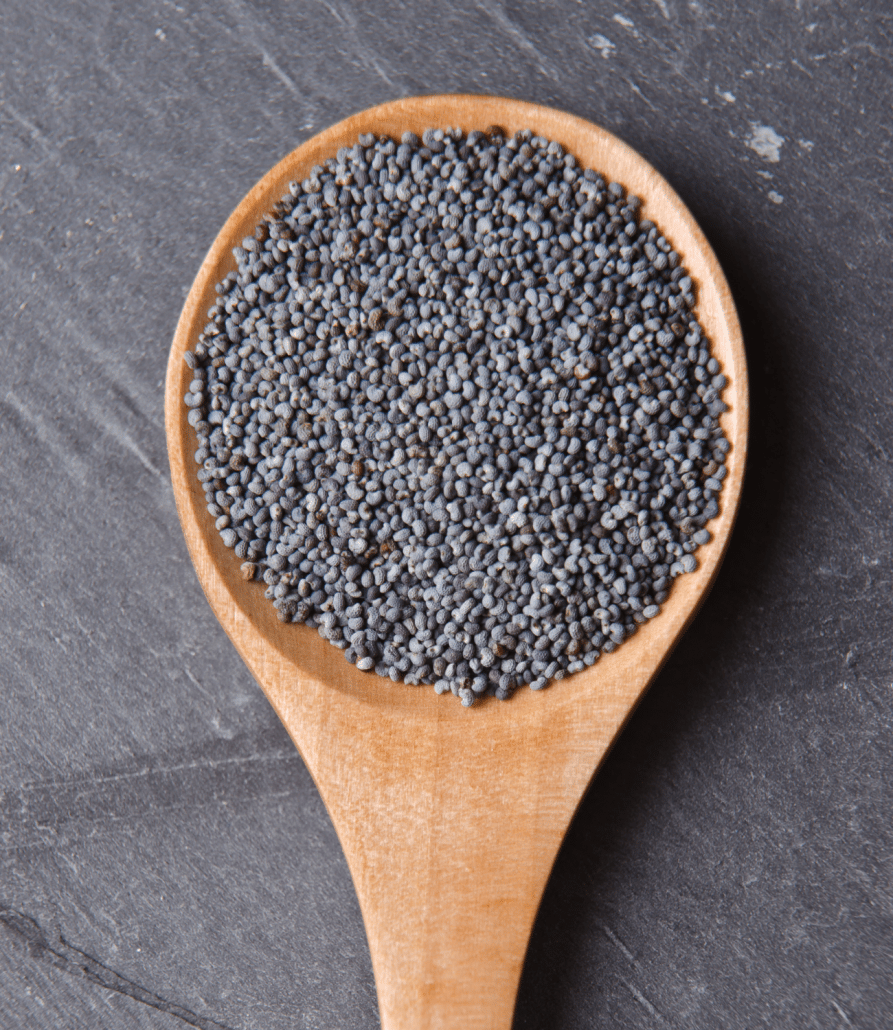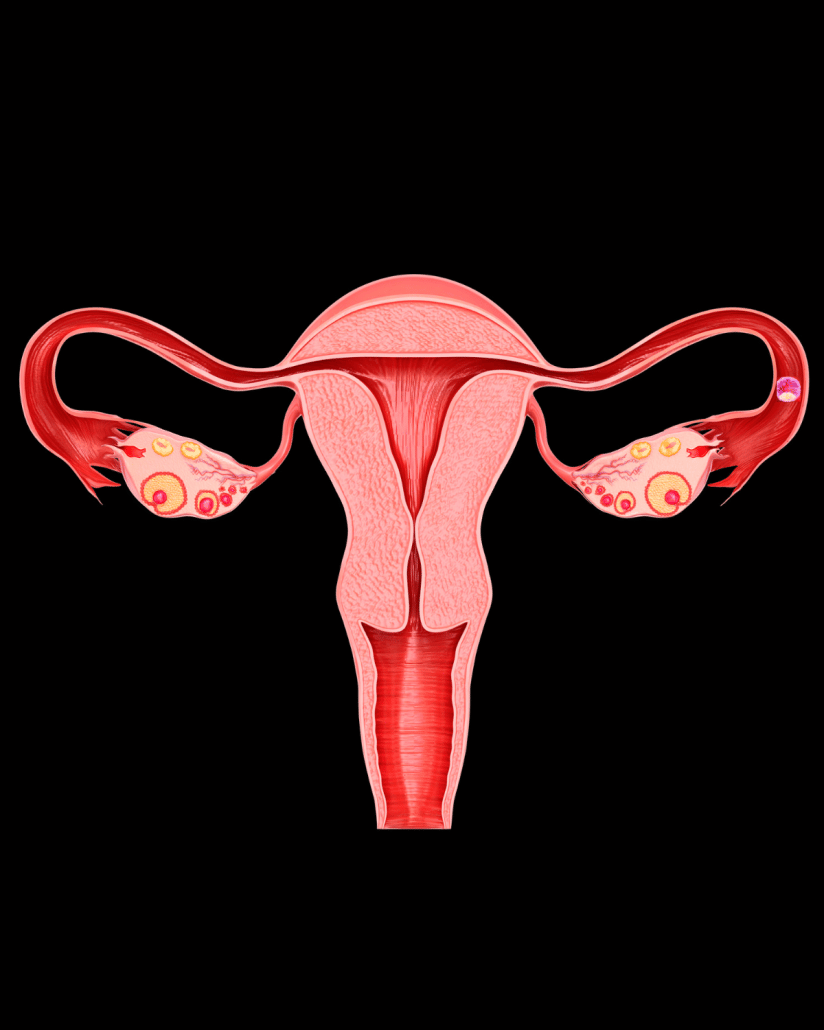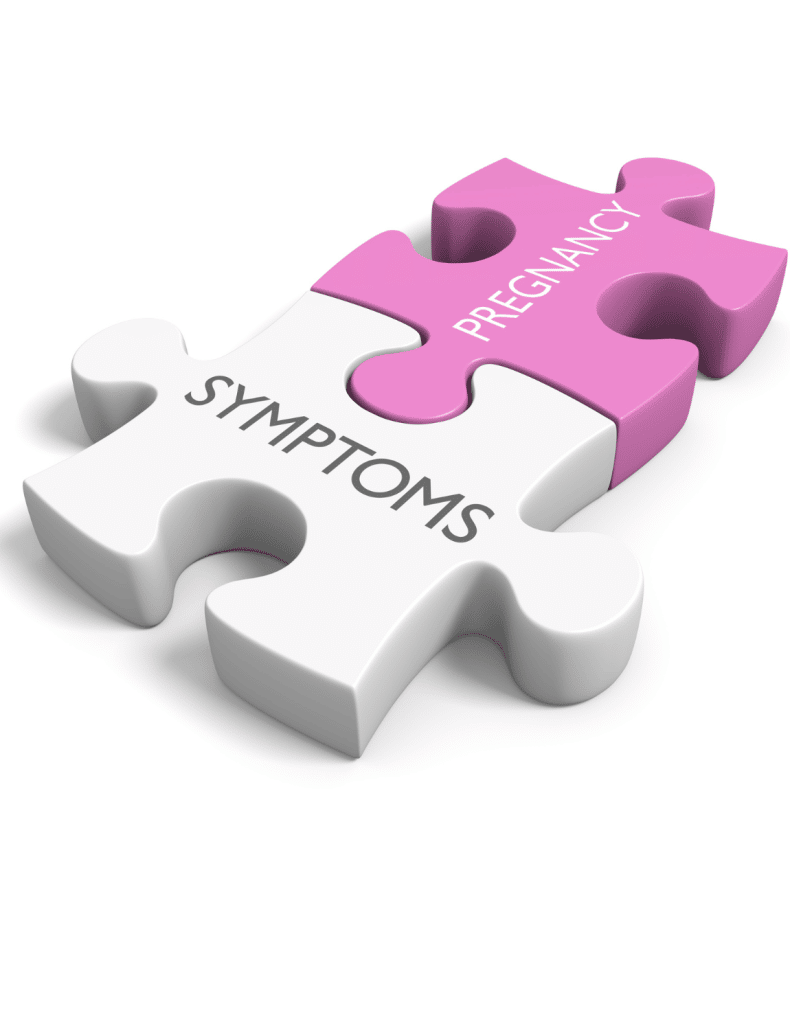4 Weeks Pregnant Cramping
Congratulations! If you know you are pregnant, you have found out about your pregnancy much earlier than most women do. If you have received a positive pregnancy test at 4 weeks pregnant, it means that you have taken a pregnancy test just after your missed period.
Your Baby At 4 Weeks Pregnant

At 4 weeks pregnant, you are in the first trimester and the little embryo is developing within the lining of your uterus- after implantation occured. Your baby is currently about the size of a poppy seed. The inner cells of the embryo form into 3 layers:
Inner layer: This will form the lungs, stomach, gut and bladder.
Middle Layer: The middle layer will develop into the heart, circulatory system, muscles and bones.
Outer Layer: The outer layer will eventually become your baby’s nervous system and brain- as well as the eye lenses, tooth enamel and skin and nails.
The embryo is currently attached to a small “yolk sac” which provides the nutrients to your developing baby.
You At 4 Weeks Pregnant
At this stage of your pregnancy, you should already be taking folic acid tablets- and it would be beneficial to take vitamin D tablets too. You should take folic acid tablets until you are 12 weeks pregnant. You may start to notice some 4 weeks pregnant symptoms.
Is Cramping Normal at 4 Weeks Pregnant?

Experiencing cramping at any point in your pregnancy can be quite worrying for mums-to-be, and some may assume the worst. Cramping, however, can be normal.
At 4 weeks pregnant, implantation has usually happened by now, but for some mums, implantation happens later in pregnancy. Cramping can be a sign that the embryo has implanted safely into the uterus, or that your uterus is expanding and stretching nicely- to prepare to accommodate your developing embryo- or baby- for the next 8 months or so.
What is Implantation?
Implantation occurs when a fertilized egg travels down the fallopian tube and into the uterus (in this case, at 4 weeks pregnant). Implantation is when the fertilized egg implants onto the uterine wall.
Implantation may be the cause of the mild cramping you’re experiencing at 4 weeks pregnant.
What are Implantation Cramps?
Implantation cramps are cramps which occur due to the hormonal changes that come with implantation.
Implantation cramps should be very mild in comparison to menstrual cramps- and may feel like a dull ache or slight twinge.
It typically lasts between one and three days.
Implantation cramps may be accompanied by implantation bleeding- caused by the motion of the fertilised egg implanting itself into the lining of the uterus, which causes tiny blood vessels in the uterine lining to break and bleed.
Implantation bleeding is very light and usually brown or pinkish-brown in colour.
Other Causes of Cramping at 4 Weeks Pregnant
Whilst implantation is a common cause of cramping whilst pregnant, there are other potential causes of cramping during pregnancy too. These are covered below.
Digestive Issues

Digestive troubles are common during early pregnancy.
They are caused by the sudden spike in progesterone levels during early pregnancy, which causes your digestive system to slow down.
This slowing of the digestive system causes a build-up of gas, bloating and constipation- symptoms which are often accompanied by abdominal cramping.
Ectopic Pregnancy

Ectopic pregnancies are pregnancies in which the fertilised egg implants and begins to develop outside of the uterus- usually within one of the fallopian tubes.
Ectopic pregnancies may result in the rupturing of a fallopian tube as the pregnancy grows- which can cause major internal bleeding.
This is a life-threatening emergency and will require immediate medical intervention.
An ectopic pregnancy cannot be saved.
Ectopic pregnancies can cause cramping in early pregnancy (in this case, 4 weeks).
Below are the symptoms of ectopic pregnancy:
- A missed period and other symptoms of pregnancy.
- Pain in the tip of your shoulder
- Lower abdominal or pelvic pain on one side
- Brown watery discharge or vaginal bleeding
- Discomfort when peeing or pooping
If you believe you may be having an ectopic pregnancy, you should consult your doctor straight away.
Chemical Pregnancy (Early Miscarriage)
If the cramping at 4 weeks pregnant is painful, it may be a sign of a chemical pregnancy (a loss of pregnancy in the first 5 weeks).
Symptoms of a chemical pregnancy include:
- Heavy bleeding (often heavier than a normal period)
- Loss of your usual pregnancy symptoms
- Painful cramping
- Low hCG levels
Threatened Miscarriage
A threatened miscarriage is vaginal bleeding that occurs during pregnancy- where you still continue to have a healthy pregnancy.
Threatened miscarriages occur before the 20th week of pregnancy. Around 20% of pregnant women experience a threatened miscarriage.
Symptoms of a threatened miscarriage include:
- Vaginal bleeding
- Mild period- like cramps
- Passing clots
The cause of threatened miscarriages often goes unknown, but potential causes and risks include:
- Small falls
- Stress
- Injury
- Alcohol
- Drug use
- Above the age of 40
- Obesity
- Chromosomal problems with the fetus
- High blood pressure
- Kidney problems
- Infection
When Should I Contact My Doctor?

When should you contact your doctor about cramps during week 4 of pregnancy?
If you are experiencing severe pain or cramps, or are experiencing vaginal bleeding during pregnancy, you should contact your nearest healthcare provider.
If your doctor believes you are having a miscarriage, they may perform a transvaginal ultrasound scan.
Don’t worry if you can’t see your baby on the ultrasound scan; your baby is approximately currently the size of a poppy seed so it is natural not to see them. On the ultrasound scan, you will most likely see a tiny dot, the yolk sac and the gestational sac.
Early Pregnancy Symptoms – 4 Weeks Pregnant

At this stage of pregnancy, most women do not know that they are pregnant and experience no symptoms- it is- however, also perfectly normal to experience pregnancy symptoms at this stage.
The same pregnancy hormones (like hCG) that gave you a positive pregnancy test can cause these pregnancy symptoms:
Fatigue
Pregnancy definitely can sap your energy- after all, you are creating a new, beautiful life within your body. Fatigue is a very common symptom of pregnancy.
Morning Sickness
Morning sickness can wreak havoc on a pregnant woman’s day-to-day life. The sudden spike in pregnancy hormones can cause nausea, as well as hypersensitivity to certain smells/odours (e.g. coffee perfume or other strong smells) which can trigger vomiting. Thankfully, this symptom usually fades by the second trimester.
Spotting
Spotting can occur at week 4 due to implantation. A bit of light bleeding is completely normal. If, however, you are bleeding heavily, or are bleeding bright red blood, you should consult your doctor as soon as possible.
Mild Cramping
Cramping can be a worrying symptom for some mums-to-be- but it’s actually a sign that your baby has properly implanted into your uterine lining. However, if you experience any very painful or uncomfortable cramps, you should contact your doctor.
Bloating
During early pregnancy, your progesterone levels- or pregnancy hormone levels- increase. The rise in progesterone slows down your body’s digestive system, causing bloating and constipation.
Mood Swings
Mood swings occur due to your rapidly changing pregnancy hormone levels. After the first 12 weeks of pregnancy, your hormone levels should even out a bit and this symptom should subside.
Sore Breasts
This symptom is also due to the increased bloodflow in your body. The breast tenderness usually eases off by the second trimester.
For more information about four weeks pregnancy symptoms, visit the link: https://www.mybump2baby.com/4-weeks-pregnant-symptoms/
A lot of private scan clinics can offer an ultrasound scan from 5 weeks although holding out for 6 means you are most likely to see the all important heartbeat.
The Take-Away

Light cramping at 4 weeks pregnant is usually no cause for concern, however, if you are experiencing particularly painful period-like cramps at 4 weeks pregnant, you should consult your doctor, as bad cramping (at 4 weeks pregnant) may be a sign of a complication.
Watch week 4 of Carla’s Pregnancy Diary
Join Carla, MyBump2Baby’s founder, on her pregnancy journey, where she shares her real experience week-by-week throughout her pregnancy.
My name is Louise and I am the Digital Marketing and Administrative Assistant at MyBump2Baby. I have been writing in the parenting niche for over 2 years specialising in fertility, pregnancy, baby and baby name support articles.


















